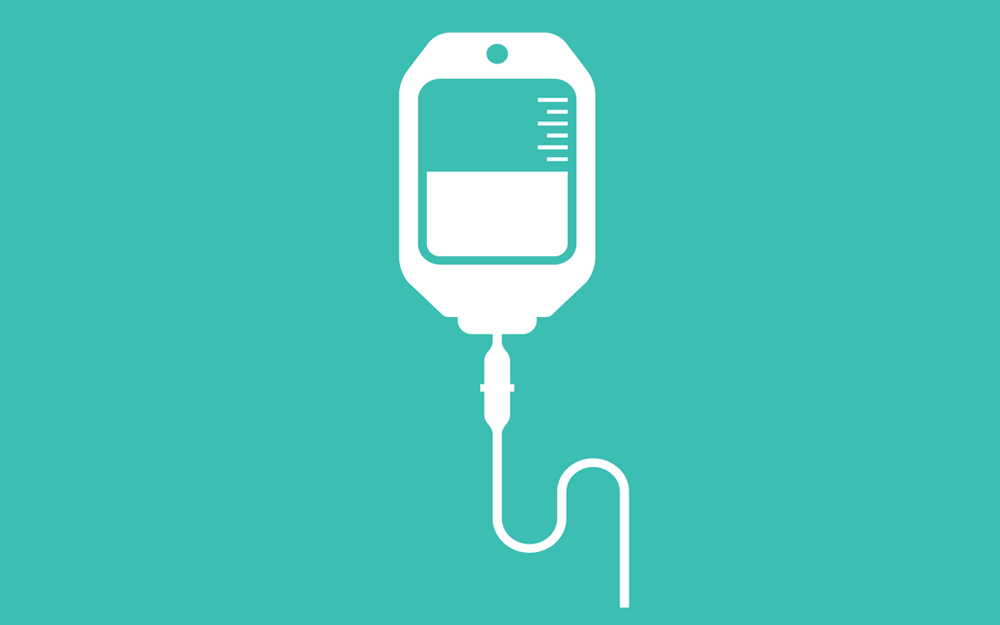Why You May Have Trouble Peeing, Plus Solutions to Help
Date
July 15, 2021
Credits

Date
July 15, 2021
Credits
Medical providers featured in this article
In Brief
{{cta-block}}
What if you've gotta go, but you're having trouble making it happen?
If you have trouble peeing—known as urinary hesitancy—you may have difficulty starting the stream of urine or keeping it flowing, or your flow may stop before your bladder is empty. Many factors may contribute to the problem.
Both men and women may experience difficulty peeing, but it's more common among men. Women are more likely to have the opposite problem: urinary incontinence.
"In men, the most common cause is benign prostatic hyperplasia, which is an enlarged prostate," says urologist Dr. Karyn S. Eilber. "A woman can have what's called bladder prolapse, also known as a 'fallen bladder.' If the bladder shifts or falls, it can actually block the urethra, and the woman will have difficulty emptying her bladder."
{{providers}}
"People get used to having a weak stream, then all of sudden, they can't pee. If someone notices progressive difficulty urinating, it's important to be seen by a doctor before they are unable to urinate at all."
Other factors that may cause urinary hesitancy include:
- Scar tissue within the urethra, the thin tube that exits the bladder. Scarring may narrow the urethra, making it harder to pee. It may develop after an injury, surgery or catheter placement.
- Certain medications, including some antidepressants and the decongestant pseudoephedrine. "Some of the psych meds will actually decrease the nervous outflow to the bladder," says urologist Dr. Michael Ahdoot. "Sometimes, people can have difficulty releasing their bladder when they're on some of those medications."
- Neurological disorders, including multiple sclerosis or diabetic neuropathy, which may cause nerve damage that makes it harder for the bladder to alert the brain that it needs to be emptied.
- Pelvic organ prolapse, when the uterus or vagina drops internally, compressing the urethra.
- Pelvic floor dysfunction, when people clench their pelvic floor muscles in response to chronic stress. This makes it harder to relax the muscles during urination.
Magazine: Symptoms Men Shouldn’t Ignore
People don't always tell their doctors about urinary hesitancy. It may develop so gradually that you may not realize anything has changed, and it doesn't cause worrisome symptoms—such as burning or discomfort.
"People get used to having a weak stream, then all of sudden, they can't pee," Dr. Eilber says. "If someone notices progressive difficulty urinating, it's important to be seen by a doctor before they are unable to urinate at all."
Urinary hesitancy may seem like a mild annoyance, but left untreated, it may cause bladder infections or even kidney damage.
"If a lot of urine accumulates in the bladder, the pressure that develops can be transmitted to the kidneys and can, over time, damage the kidneys," explains Dr. Ahdoot.
To manage urinary hesitancy, doctors may recommend:
- Timed voiding. For mild cases, peeing every three hours prevents the bladder from getting too full. Trying to go again immediately after peeing also helps.
- Hot baths. This may relieve pelvic floor dysfunction. Sitting in a tub may relax pelvic floor muscles.
- Physical therapy. Exercises focused on relaxing the pelvic floor may make it easier to pee.
- Sacral nerve stimulation. An implanted device stimulates the nerve that controls bladder function, which may help with pelvic floor dysfunction. "It's like a bladder pacemaker that can be very successful in helping the bladder empty better," Dr. Eilber says.
- Medication. Men may benefit from prescription drugs that shrink the prostate or relax muscles in the urethra. Women with pelvic floor dysfunction may benefit from benzodiazepines prescribed as vaginal suppositories, which relax pelvic floor muscles. When given vaginally, they don't have sedating or addictive side effects.
- Surgery. Men and women may have surgery to remove scar tissue from within the urethra. Men may also pee more easily after prostate surgery: Part of the prostate may be removed or vaporized, or sutures can tack it open. Women with pelvic organ prolapse may have surgery to secure their organs in place, correcting the kink in the urethra.
Learn more about the Department of Urology at Cedars-Sinai






